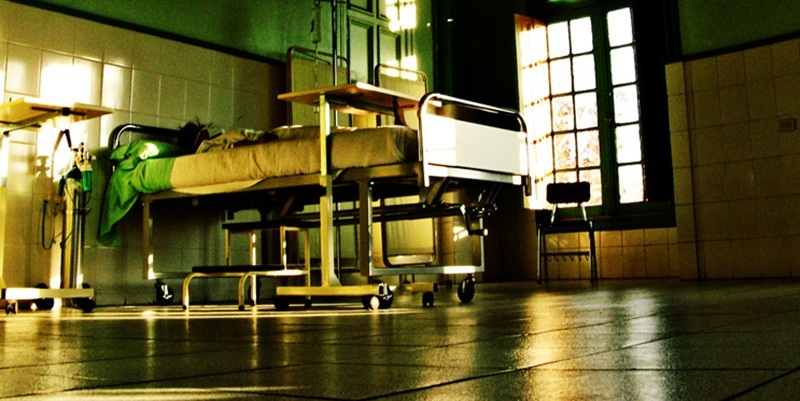A leading Dundee University academic has been condemned after suggesting people should be able to sell their own kidney for £28,000.
Professor Sue Rabbitt Roff, senior research fellow in the department of medical sociology at Dundee University, said that paying donors could increase the number of organs available for transplant and save the NHS money by reducing the need for dialysis.
Currently, less than one-third (29%) of the British population are registered organ donors.
In a government bid to increase numbers, all learner drivers now have to state if they want to join the register when they apply for their provisional licence online.
Writing in a personal capacity in the British Medical Journal, Professor Roff said paying people for a kidney could help meet the demand for organs.
She said, “The increase in diabetes and hypertension in the community puts further pressure on the need for kidney transplantation, but the rate of donation of kidneys from deceased and living donors has never kept pace with the need.
“We have compensation models, for criminal, worker, and military injuries, which have agreed tariffs, such as £2500 for a fractured coccyx and £22,500 for the loss of one kidney.
“It would not be such a big step to move towards regulated paid provision for live donors’ kidneys. This would be far different from the illegal organ market that exists now in several countries, and we must not make the mistake of ruling out a properly-regulated system because of the depredations of the current illegal market.
“The standards of care before and after operation would be as good as they are now for kidney donors in the UK. The kidneys would be allocated in the same fair way as they are now.”
Professor Roff said the operation to remove a kidney is as safe as a Caesarean section and, if the payment is high enough around the current average salary of £28,000 a year it would not mean a system where the poor sell organs to the rich.
“It’s time to begin to explore how to pilot paid provision of live kidneys in the UK under strict rules of access and equity.”
However, the Scottish Council on Human Bioethics (SCHB), an independent group that advises on medical ethics, said it would be wrong to create a market for human organs.
Instead, they say efforts should focus on encouraging more people to sign up as donors.
Dr Calum MacKellar, director of research of the SCHB said, “To place a financial value on human beings or parts of human beings undermines the inherent dignity of the human person and the innate as well as immeasurable worth of all individuals.
“A legal, regulated market in human body parts would end up exploiting those who have very restrictive financial means, such as many students and foreigners.”
Sid Grant, from Kinross chairman of the charity Revival, which promotes organ donation had a kidney transplant 21 years ago.
“We’ve not discussed it as a charity, but speaking personally I am totally against it,” he said.
“I think doing it for money is wrong and I think it would encourage all sorts of people who are struggling financially to see it as a means of raising income to get them out of a difficult financial situation and in the long-term I don’t think that will be good for them.”
Photo used under Creative Commons licence courtesy of Flickr user Rodrigo Basaure.
